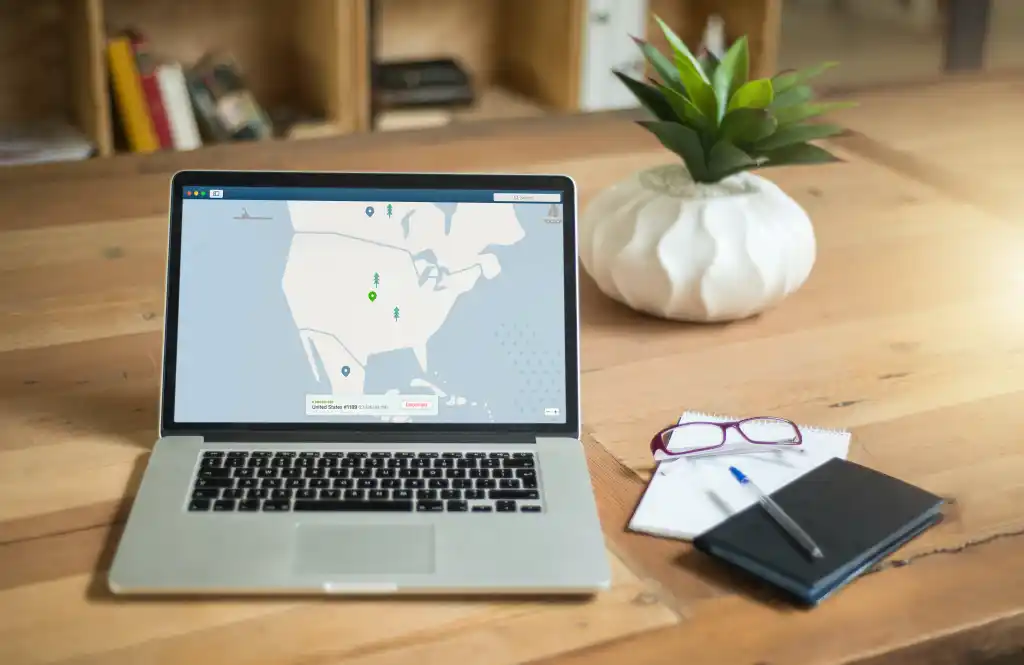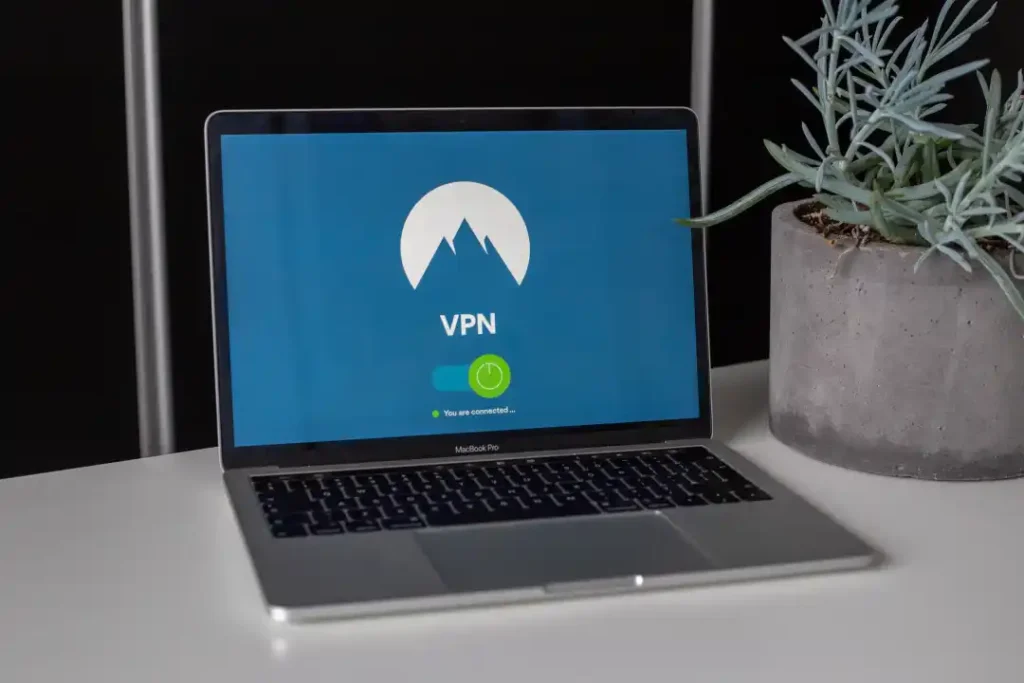In today’s digital age, the need for privacy and security while browsing the internet has become increasingly important. With cyber threats and online surveillance on the rise, many individuals are turning to Virtual Private Networks (VPNs) as a means to protect their online activities.

This article will provide you with a comprehensive guide into the world of VPNs, exploring their definition, functionality, benefits, and potential drawbacks, in order to provide new users with a clear understanding of these vital tools.
What is a VPN?
A VPN is a technology that allows users to establish a secure and encrypted connection between their device and the internet. It provides an additional layer of protection by routing the internet traffic through an external server, thereby masking the user’s IP address and making their online activity virtually anonymous. This functionality is achieved by establishing a private network over a public network infrastructure, such as the internet.
Benefits of Using VPNs
Privacy
One of the key benefits of using a VPN is the enhanced privacy and security it offers. By encrypting the data transmitted through the VPN, it becomes virtually impossible for hackers, governments, or ISPs to intercept and decipher the information. This is particularly crucial when connected to public Wi-Fi networks, where the risk of eavesdropping is significantly higher. Furthermore, VPNs can assist in bypassing geo-restrictions, allowing users to access content that may be blocked or limited in their geographical location.
Easy to Set Up
Setting up and using a VPN is relatively straightforward, even for new users. Firstly, one must decide on a VPN provider, as there are numerous options available in the market. It is important to choose a reputable provider that guarantees the privacy and security of your data. Once a provider has been selected, the user must install the VPN software on their device. Most reputable VPN providers offer applications for various operating systems, including Windows, macOS, iOS, and Android.
Connect to Any Country
After installing the VPN software, users can launch the application and select a server to connect to. The server’s location is significant as it determines the user’s virtual location and the IP address that websites see. If you wish to access content in Asia, for example, you should be able to find the best VPN for Indonesia server with no issues. It is advisable to choose a server in a country where the VPN provider has a strong presence, as this generally results in better connection speeds and overall performance.
Cons of VPNs
Slow Connection
Firstly, using a VPN may slightly decrease internet speeds due to the encryption process and the additional routing of traffic. However, this reduction is often minimal and may not be noticeable for everyday browsing activities.
Blocked Content
Additionally, some online services, particularly streaming platforms, may block access to their content when a VPN is detected. This is an attempt to restrict the use of VPNs for bypassing regional restrictions and licensing agreements. However, many VPN providers offer servers specifically optimized for streaming services, enabling users to access their desired content without interruptions.
How a VPN Enhances Online Privacy and Security:
Encryption
VPNs use strong encryption protocols to scramble your internet data, making it unreadable to anyone trying to intercept it. This protects your sensitive information, such as passwords, credit card details, and personal data, from being accessed by hackers or eavesdroppers.
Anonymity
When you connect to a VPN server, your real IP address is hidden, and your internet traffic appears to originate from the server’s IP address. This masks your identity and location, making it difficult for websites, advertisers, or malicious actors to track your online activities.
Wi-Fi Security
VPNs are crucial when using public Wi-Fi networks (e.g., at coffee shops, and airports) where your data is vulnerable to attacks. By encrypting your connection, a VPN ensures that even if someone is attempting to monitor or intercept your Wi-Fi traffic, they won’t be able to decipher the information.
Bypassing Restrictions
VPNs allow you to circumvent geographic restrictions and internet censorship. By connecting to a server in a different country, you can access region-restricted content or bypass censorship imposed by governments or organizations.
Protection against ISP Monitoring
Your Internet Service Provider (ISP) has the ability to monitor your online activities and collect data about your browsing habits. When you use a VPN, your ISP can only see that you are connected to a VPN server, but cannot track the specific websites, apps, or data you are accessing.
P2P File Sharing
VPNs enable secure peer-to-peer (P2P) file sharing by masking your IP address, preventing other users from directly connecting to your device. This helps protect your privacy and reduces the risk of unauthorized access or monitoring.

As you can see from the information provided on this page, VPNs are powerful tools that provide privacy, security, and accessibility benefits to users in today’s digitally-driven world. By encrypting internet traffic and routing it through external servers, VPNs ensure anonymity while protecting against cyber threats and online surveillance.

